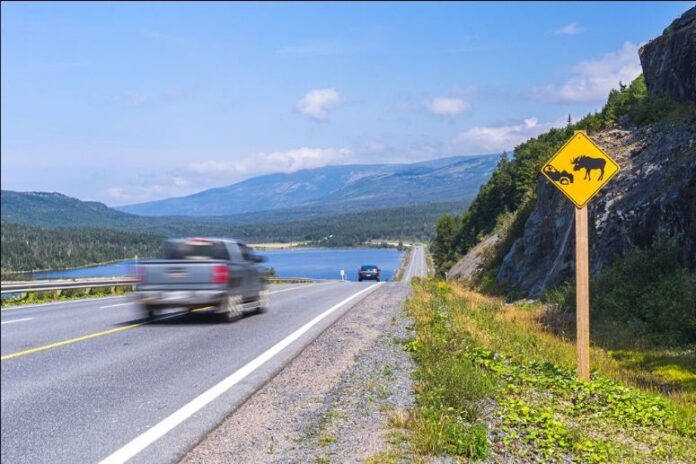As the B.C. Day long weekend approaches, people are encouraged to stay informed about wildfire conditions, be prepared and plan travel.
Warming summer temperatures and ongoing drought mean much of British Columbia is at heightened risk of wildfire, even after recent cooler temperatures and rain. Environment and Climate Change Canada (ECCC) has forecast hot temperatures this week in B.C., with heat warnings currently in place for parts of the province. People are encouraged to prepare for hot summer weather.
The province continues to face extended dry conditions and below-average rainfall in many areas, putting a strain on water supplies and raising wildfire concerns. Everyone is encouraged to use water wisely and follow local watering restrictions.
Open burning, including Category 2 and Category 3 fires, is now prohibited or restricted in many areas and people are urged to avoid having a campfire when it’s windy, choose a proper fire pit or make a ring of rocks at least three metres from trees, shrubs, structures and debris. Do not leave a campfire unattended for any time.
Reporting new fires promptly is crucial with approximately 40 per cent of new firesreported by the public.
To report a wildfire, unattended campfire or open-burning breach, call 1 800 663-5555 (toll-free) or dial *5555 on a cellphone. You can also use the B.C. Wildfire Service mobile app to submit photos and location details, and to check up-to-date wildfire maps, road alerts and weather forecasts.
“Summer brings higher fire risk. Protect your home by checking that your homeowner or tenant insurance includes wildfire coverage. Call your insurance representative to discuss your coverage or contact the Insurance Bureau of Canada at 1 844 227-5422.”
If you’re going into the backcountry, plan carefully and pack the essentials. Follow the Three Ts: trip planning, training and taking the essentials. Find tools and checklists at https://www.adventuresmart.ca/.
People enjoying B.C.’s beautiful waters can stay safe by wearing life-jackets, avoiding boating or swimming while intoxicated, and carrying a first-aid kit. During warmer months, some beaches may be subject to advisories for elevated bacteria levels or blue-green algae blooms, which can be harmful to people and pets. If you see an advisory, avoid swimming and keep pets out of the water.






